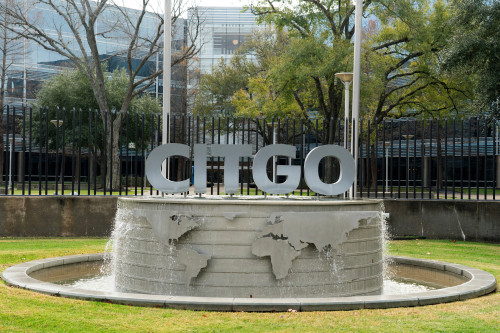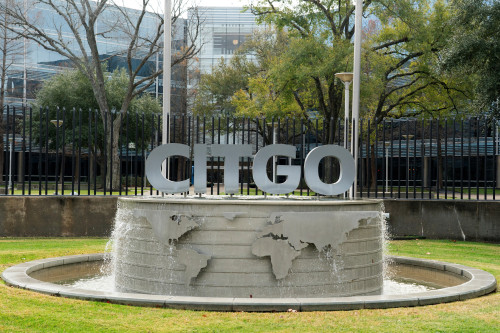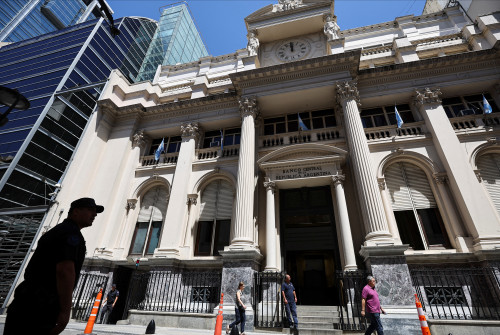By Rajesh Kumar Singh and Shivansh Tiwary
CHICAGO (Reuters) -Delta Air Lines on Tuesday lifted its second-quarter profit outlook and forecast full-year earnings at the high end of its prior guidance on sustained travel demand.
Shares rose about 2% in morning trade as the company also revised upward estimates for free cash flow this year.
At an investor meeting, the Atlanta-based carrier said the travel demand has been robust due to a shift in consumer spending away from goods and into services.
While travel spending remains strong, rising interest rates, high inflation and mounting job losses have raised concerns about the elasticity of consumer demand.
CEO Ed Bastian played down those concerns, saying wealth accumulation during the pandemic has left airline customers in “quite strong” health.
He expects the demand trend to last for multiple years, underpinned by household savings.
“Everyone is worried about the consumer,” Bastian said. “Our customer is quite strong.”
Constrained capacity due to shortages of aircraft, spare parts and labor has also boosted the industry’s pricing power.
Some of the shortages have also marred airline operations, making it more difficult for carriers to recover from weather events such as storms.
Last weekend, about 26,000 flights by all airlines were delayed and over 4,000 canceled between Saturday and Monday after thunderstorms ripped through parts of the U.S., according to data from flight monitoring service FlightAware.
Bastian warned that a failure to deliver reliable service could hurt demand.
“We can turn off demand as much as we can turn on demand by not delivering that reliability of service that customers expect,” he said.
Delta forecast a second-quarter profit of $2.25 to $2.50 per share compared with a profit of $2.00 to $2.25 per share estimated earlier.
For the full year, it expects profit to be at the top end of its previous forecast of $5 to $6 per share.
The company raised its free cash flow outlook for 2023 to $3 billion compared with the more than $2 billion it had forecast earlier.
(Reporting by Rajesh Kumar Singh and Shivansh Tiwary; Editing by Jamie Freed, Arun Koyyur and Jonathan Oatis)





